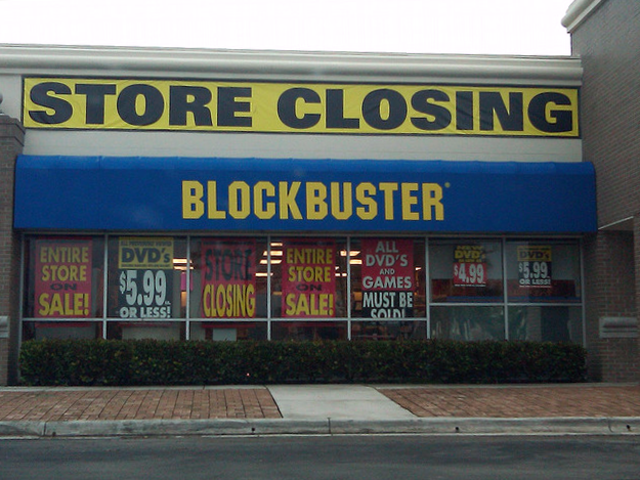By Jon Michail
The concept of disruptive business has been rising in popularity in recent years and now it’s the daily conversation, as companies attempt to use it as a tool to be seen and to be heard.
Disruption is not the mindless destruction of a stable structure like many think of it to be, but rather it is defined as being a tactic to induce radical and sudden change. In business, it is a means of reinvigorating the stagnant, shifting the status quo, and allowing for the new and excitable to flourish.
Disruptive business is becoming somewhat of a movement, and more and more companies are building themselves off the principals laid down by the innovative tools allotted by a disruptive approach.
The taxi industry has been viewed as an industry in dire need of fresh ideas by many business pundits for years, so it felt like a long time coming when the revelations came home that within the past few years major disruptors to the old model have popped up, each in an attempt to capitalise on what they perceive as a ball dropped long ago by taxi companies.
Tech-driven business models lead the surge, with disruptive taxi services such as Uber emphasising a direct consumer to service approach, where technology acts as a primary mediator between supply and demand.
Tech seems to be the major vessel for disruption amongst budding disruption-driven companies, as it opened up the doors for possibilities otherwise unfathomed before the technology revolution began.
Netflix is leading the charge in tech-based disruptive innovation, with revenues growing by the second. The internet streaming media service has capitalised on outdated models that no longer satisfy consumer demands, by providing an on-demand system with a smart monetary model and a clean delivery, which even has some commentators suggesting the model may have single handedly provided a solution to the online piracy problem.
Conversely, an unfortunate example of a business stifled by complacency, and a failure to foresee market changes, would be Blockbuster who after years of domination filed a Chapter 11 in 2010. Most of which came at the hands of disruptive tactics employed by Netflix and a host of other similar competitors.
Serial powerhouse entrepreneur Richard Branson isn’t shy in his support for disruptive business models, and his next project is proving to be perhaps the most ambitious, and at the same time disruptive, idea he’s had yet. Regarding his next venture, Virgin Galactic which aims to send people on trips to space at a greatly reduced cost compared to that of government organisations such as NASA, he remarked, “governments are not experts at running businesses. To go into commercial space travel as a private company could change the face of travel for generations to come.”
Being left behind
Companies (and people in general) who fail to adapt to changing tides face the possibility of being left behind, and no matter what the legacy of their brand was before, the here and now runs the show. With a population of consumers with increasingly short attention spans, the necessity to foresee future trends, and be quick to adapt if they arise unexpectedly, is now more than ever of ample importance in the business world.
The emergence of the internet has crippled many storefront businesses operating with a solely brick-and-mortar model, but the old model isn’t totally a thing of the past. With a strong online presence backing a brick-and-mortar business, the looming internet take-over doesn’t appear to be such a problem.
Apple maintains their face-to-face business model, and supplements it with a strong internet backing, which has become a shining beacon for all those fearful of a swallowing by online.
No industry is safe
Not even government legislation kept the taxi industry safe from the heat seeking lockers of disruptive business thinking, so it’s safe to make the assumption: no stone will be left unturned.
Old models are being tested and that increasingly includes education, medicine and even law. The wills of the consumers always win out, and nothing stands the tests of time unless the willingness to adapt is forever present.
Disruption should be celebrated, embraced, and ultimately incorporated as a tool to stoke the fires of growth, because if you don’t take such an initiative, someone else surely will.
Jon Michail is Group CEO of Image Group International, Australasia’s No 1 image coach. Image Group International supports executives, entrepreneurs and their organisations to become iconic and monetised leadership brands.
If you valued this post, please do share it and follow me on Twitter at @jon_michail and Subscribe to The ImageMaker Blog at www.imagegroup.com.au/the-imagemaker-blog/.





